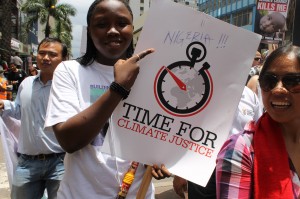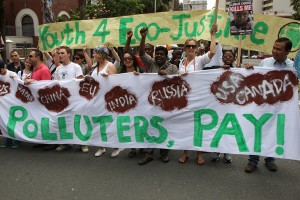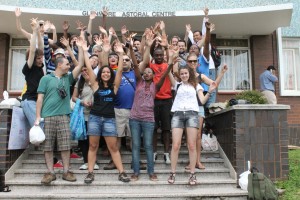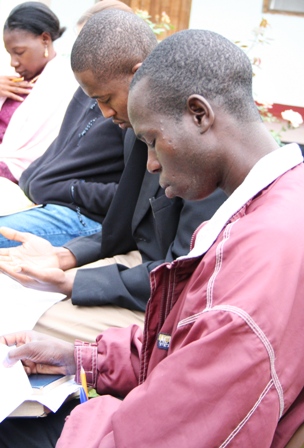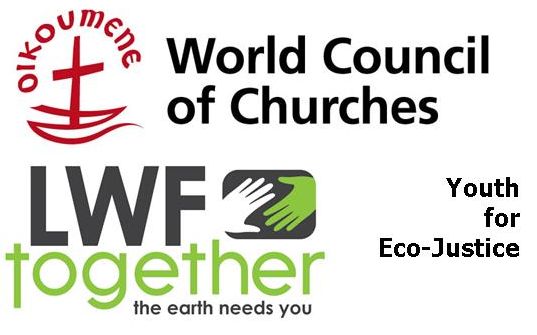By Njideka Onwunyi
I have for a very long time thought about what would be the best title for my first article once i create my own blog. Besides this I still wonder what would be the name of my blog. My care about a lot of issues like environmental sustainability, poverty, religion, sports, water, sanitation, green chemistry, sustainable development, creative writing, poetry, renewable energy, travel, music, and art are issues that interest and fascinate me. It is such personal concerns that urge me to voice my opinion when opportunity for same arises.
A strong belief and desire for change can be used to define me as an advocate longing for a better world. I long for a just and fair world to all, liberated from materialistic ideologies, one that respects nature and creation. A home for all that tackles with sincerity issues of climate change and environmental degradation. An ideal world for me would also have total harmony devoid of poverty. I wonder if such a world is possible! In my opinion yes, such a world is possible to realize and I invite you to join the movement of people from diverse ethnic and religious background both youthful and dreamers to such a world.
The fact that I know am not alone even strengthens more. Such thoughts would never have filled my mind without participating at the jointly organized eco-justice training by World Council of Churches and the Lutheran World Federation. It has been a privilege to be part of the civil societies’ activities currently taking place at the United Nations Framework Conference on Climate Change (UNFCCC), Conference of Parties (COP17) meeting in Durban, South Africa.
The sessions conducted daily at the eco-justice training have enlightened me in a great way. I have learnt about the Christian perspective to eco justice, which has set a solid foundation for my future advocacy plans. I now have deeper understanding of my responsibility as a Christian to become more active in my context. Sometimes back the world struggled to believe that man would one day walk on the moon. There may be many who will read my article and rubbish it as mere ‘dreams of impossibility’; What have experienced In Durban keeps my hopes alive and am determined to amplify my voice as an advocate for eco-justice.
Ms. Njideka Onwunyi, 26 is a participant at the Eco-Justice training and she is from the Roman Catholic Church in Logos, Nigeria

